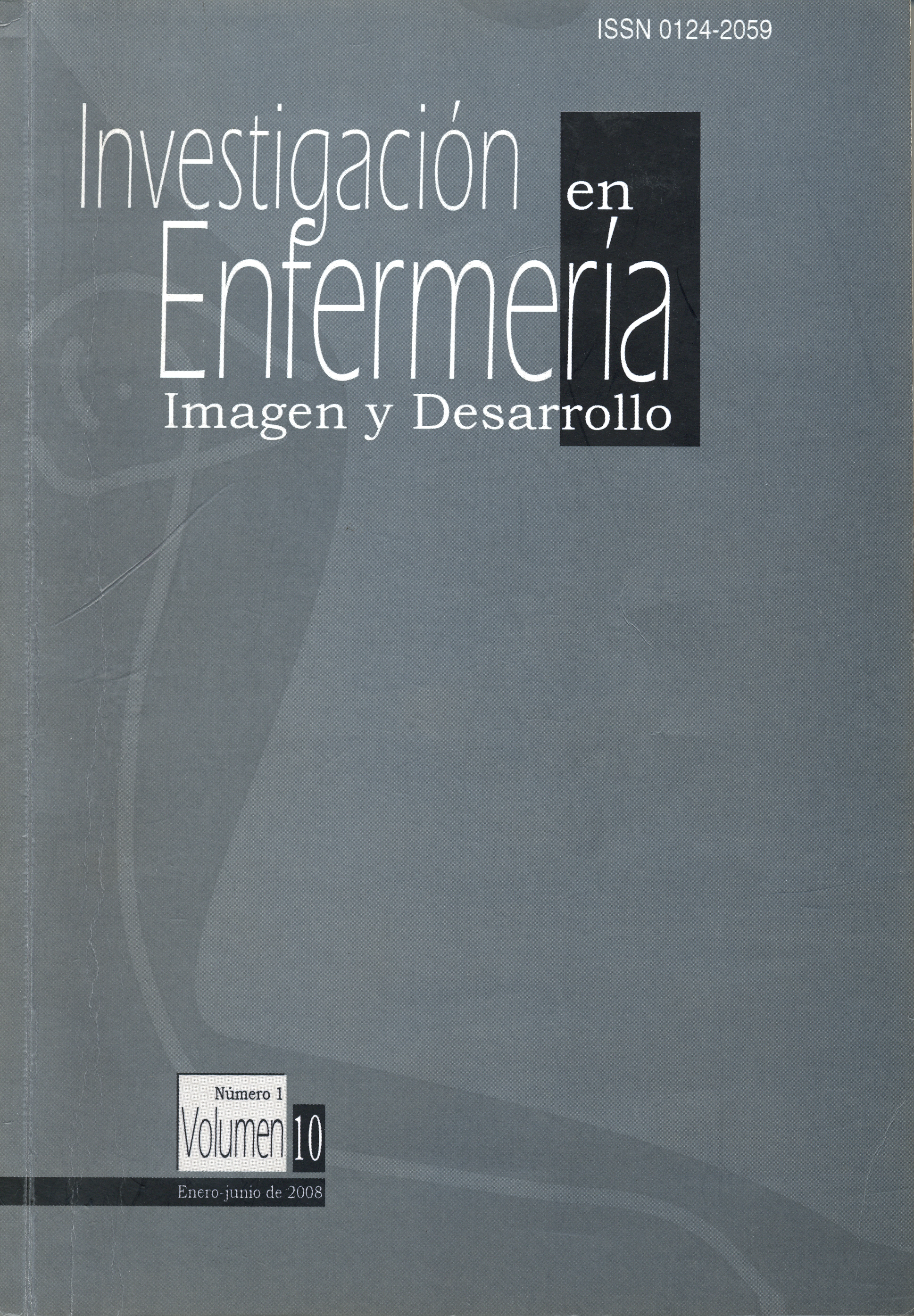Resumo
Presento los resultados de una investigación cualitativa, participatica con enfoque etnográfico, que realizamos de enero a diciembre de 2006 con ocho niñas y cinco niños de un barrio de los cerros orientales de Bogotá, sobre sus ideas, sentimientos y actitudes acerca del castigo. Los participantes narraron eventos de castigo en el hogar y con menor frecuencia eventos en el colegio. Los papás y las mamás castigan a los niños pegándoles con objetos, con la mano, regañándolos, prohibiéndoles gustos dejándolos en el cuarto. Cuando los castigaban, los participantes manifestaron, entre otros, sentirse mal, aburridos, rabiosos, culpables y confusos. Proponen que, si se portan mal, no les peguen ni los humillen, sino que les hablen y les expliquen. Sin embargo, muchos de los participantes expresaron ideas que justifican el castigo corporal y humillante, como una medida necesaria para controlar las malas acciones de los niños. Finalmente, discuto los resultados en el contexto de la literatura sobre los efectos del castigo y la política de erradicación del castigo corporal y planteo algunas acciones con diferentes actores locales e institucionales.
ABSTRACT
I present a qualitative research study conducted from January through December 2006. Along with eight girls and five boys from a neighborhood located at the east hills of Bogotá, we conducted a qualitative, participatory ethnographic study about their ideas, feelings and attitudes about punishment. Participants narrated events of punishment at home and less frequently at school. Parents punish their children hitting them with objects, spanking, scolding them, forbidding whatever they like or keeping them at their bedrooms. As result of being punished, participants said they feel bad, bored, guilty, angry and confused. They suggest not being hit or humiliated, but rather be telling or explaining about their bad behaviors. However, many of them talked about ideas that justify corporal punishment as an effective mean for controlling children's bad behaviors. Finally, I discuss results within the context of the litrature about the effects of punishment and the policy about ending corporal punishment, and propose some actions with local and institutional actors.
A revista Investigación en Enfermería. Imagen y Desarrollo encontra-se registada sob a licencia Creative Commons Versão 4.0 Internacional. Portanto, esta obra pode se reproduzir, distribuir e comunicar publicamente em formato digital, sempre que dado o crédito apropriado para os autores e a Pontificia Universidad Javeriana. Permite-se citar, adaptar, remixar, transformar, autoarquivar, republicar e criar a partir do material, para qualquer fim, mesmo que comercial, sempre que indicado apropriadamente o nome do criador, provido um link para a obra original e indicado se mudanças foram feitas. A Pontificia Universidad Javeriana não retém os direitos sobre as obras publicadas e os conteúdos são responsabilidade exclusiva dos autores, os quais conservam seus direitos morais, intelectuais, de privacidade e publicidade.
O aval sobre a intervenção da obra (revisão, correção, edição, tradução, formatação) e a subsequente difusão disponibiliza-se através de licença de uso e não através de transmissão de direitos, o que representa que a revista e a Pontificia Universidad Javeriana são isentas de qualquer responsabilidade que puder se derivar de uma prática ética pobre por parte dos autores. Em consequência da proteção fornecida pela licença de uso, a revista não fica na obrigação de publicar retratações ou alterar informações já publicadas, a não ser que a errata seja decorrente do processo de gestão editorial. A publicação de conteúdos nesta revista não representa royalties para os contribuintes.


